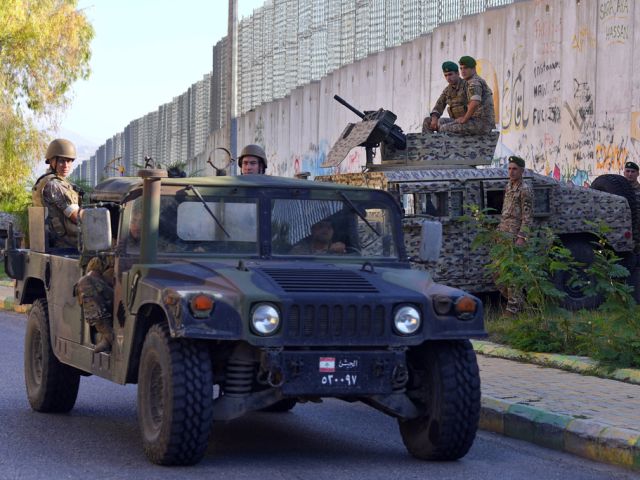The Hashemite Kingdom of Jordan is in a geopolitical quandary over its relationship with Israel, despite maintaining diplomatic ties. Tensions come to a head during a Jordanian Air Force flight over the Gaza Strip, where flattened houses, bombed-out streets, and destroyed mosques are visible almost every second building in the northern coastal strip.
Jordanian relief supplies are dropped through parachutes to marked locations near refugee camps in Gaza. A Jordanian lieutenant colonel observes the devastation from a Hercules C-130 flight and expresses pride in providing aid to Gaza while emphasizing the strong connection between Jordanians and Palestinians. However, King Abdullah II has criticized Israel and supports the Palestinian cause, leading to frustration and protests in Amman against Jordanian-Israeli relations.
Islamist groups and other activists organized protests in Amman that denounce violence in Gaza and demand an end to Jordanian ties with Israel. These protests reflect growing concerns about radicalization among young people due to political Islam’s rising influence in the country.
Journalist Osama al-Sharif highlights the significance of these protests in underscoring Jordan’s relationship with Palestine and the growing power of political Islam. The government’s response includes banning a television station affiliated with the Muslim Brotherhood, further tension within the country.
Jordan must navigate a political tightrope between its relationship with Israel and anti-Iranian sentiment in the region. The war on Gaza has put pressure on Jordan to support the Palestinian cause while maintaining strategic partnerships with other countries. Any alliance against Iran is contingent on progress on the Palestinian issue.
The war on Gaza is exposing divisions and tensions within Jordan, particularly around its relationship with Palestine. The stability of the country is at risk, with potential for further radicalization and challenges to existing political order. Careful navigation is necessary to prevent further destabilization in the region.
In conclusion, while Jordan maintains diplomatic relations with Israel, there are significant tensions surrounding its support for Palestine amidst rising anti-Iranian sentiment in neighboring countries such as Saudi Arabia.
The Hashemite Kingdom of Jordan’s delicate position requires careful navigation between its strategic partnerships with other countries such as Saudi Arabia and supporting Palestine’s struggle against Israeli occupation.
Despite King Abdullah II’s criticism of Israel’s actions towards Palestine, protests organized by Islamist groups against Jewish communities have been met with resistance from various sources.
Amman finds itself under pressure from different directions as it tries to balance its relationship with both sides of conflict while also navigating its own internal politics.
These tensions highlight how foreign conflicts can have significant repercussions on domestic affairs of nations involved, making it crucial for leaders to take measured steps towards resolving them peacefully without compromising their national interests or values.











+ There are no comments
Add yours